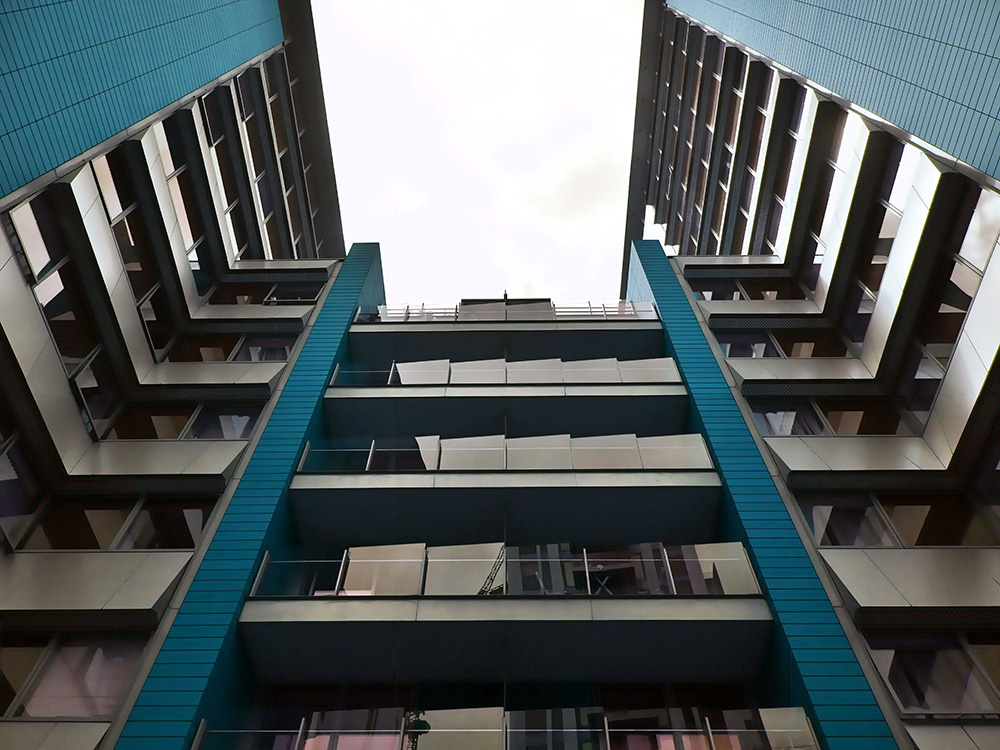Structural Survey
Do I need a Building Surveyor?
Are you looking for a structural survey in London? If you’re thinking of purchasing a property, you might consider having its condition assessed by an RICS Chartered Building Surveyor, who can provide a detailed report of defects, potential problems and the home’s overall condition. This is what’s still commonly known as either a building survey or a structural survey, but those terms refer to two separate things.
In this article, we’ll detail what a structural survey is before explaining how it differs from a building survey, which is usually the most suitable and cost-effective option if you’re looking to buy property. We’ll also help you decide which survey is right for your particular situation.
Get a quote today
What’s the difference between a Structural Survey and a Building Survey?
While a Structural Survey specifically assesses a property’s structural integrity, a building survey report details urgent repairs as well as defects that may require attention. Chartered Surveyors conduct a thorough visual inspection of all the property’s accessible areas, and reports can provide information such as overall repair cost-estimates, future maintenance requirements and issues that may become serious.
When performing a Building Survey, Chartered Surveyors inspect for defects including:
- Timber defects
- Areas of movement
- Dampness
- Doors
- Windows
- Insulation
- Condensation
- Roof structure
- External walls
- Utilities (surveyors usually aren’t qualified to perform gas and electric safety checks)
There are two popular types of building survey: the Building Survey and the RICS HomeBuyer Report. The RICS HomeBuyer Report Survey is the least expensive and most basic of the two options. Most Chartered Surveyors recommend investing in the more comprehensive Building Survey.
Snagging lists are similar to building surveys in that they identify property defects, but specifically in new-builds. You can use a snagging list to force your developer or builder to rectify issues they’re responsible for before you complete your purchase, which is why it differs from a standard Building Survey.
An RICS HomeBuyer Report Survey (Level 2) costs £600 upwards and a Full Building Survey (Level 3) starting at £750, depending on the size and price of the property. Which is why – financially speaking – they’re often the best option for gauging a home’s overall condition. You can use building surveys to negotiate a lower price by highlighting defects.

What is a Structural Survey?
Nowadays, the term structural survey isn’t used by RICS Chartered Surveyors anymore because it doesn’t accurately reflect what a proper building survey is. However, because building surveys were once widely known as structural surveys, many people think they need a structural survey when they actually require a building survey.
A structural survey specifically reports on the structural strength and durability of a building or structure. These reports are rarely necessary for assessing the safety of new builds or even old residential properties, unless you or your Chartered Surveyor have real concerns about the structural stability of the home you’re thinking of buying.
Structural reports are, however, sometimes required to obtain building control approval. Chartered engineers can also provide calculations and structural drawings for projects such as:
- Altering or removing walls
- Demolishing a chimney breast
- Extensions
- Loft and cellar conversions
- Solar panel installations
- Underpinning floors

Which Survey should I buy?
Given that each survey differs in price and purpose – and the fact that London property is a huge investment – it’s important to spend your money wisely on the right report survey level for your needs. Here are some tips on choosing the right survey for your situation:
Structural Surveys
A Structural Survey only assesses the strength and durability of a structure, which is usually required for renovations and extensions. You don’t usually need to invest in a structural survey unless you believe the stability of the property could be a safety concern, which is information the more affordable building surveys provide. A Chartered Surveyor would likely recommend hiring a structural surveyor if they uncovered potential structural safety issues. For a Structural Survey, the estimated cost is anywhere from £8,000 upwards.
Building Surveys
If you’re looking to purchase a home, you probably need a Full Building Survey. A Chartered Surveyor can usually complete surveys within a day, and they’ll gladly explain all their findings as well as provide you with a detailed report with photos. By highlighting any potential issues with a survey, you can avoid making a bad investment, anticipate future costs and negotiate a better asking price.
RICS HomeBuyer Report
If you’re looking at a new property (younger than 50 years) that’s barely been modified and appears to have been well-maintained, the RICS HomeBuyer Report may be the most suitable survey for you. You may not get to find out how much the repairs are likely to cost, but you can make sure that the property is safe for you and the family.
Snagging Lists
Some studies suggest that the average new-build hides between 50 and 150 defects, so if you want to be sure you’re investing in a near-perfect condition property, you might want to get a snagging list.

